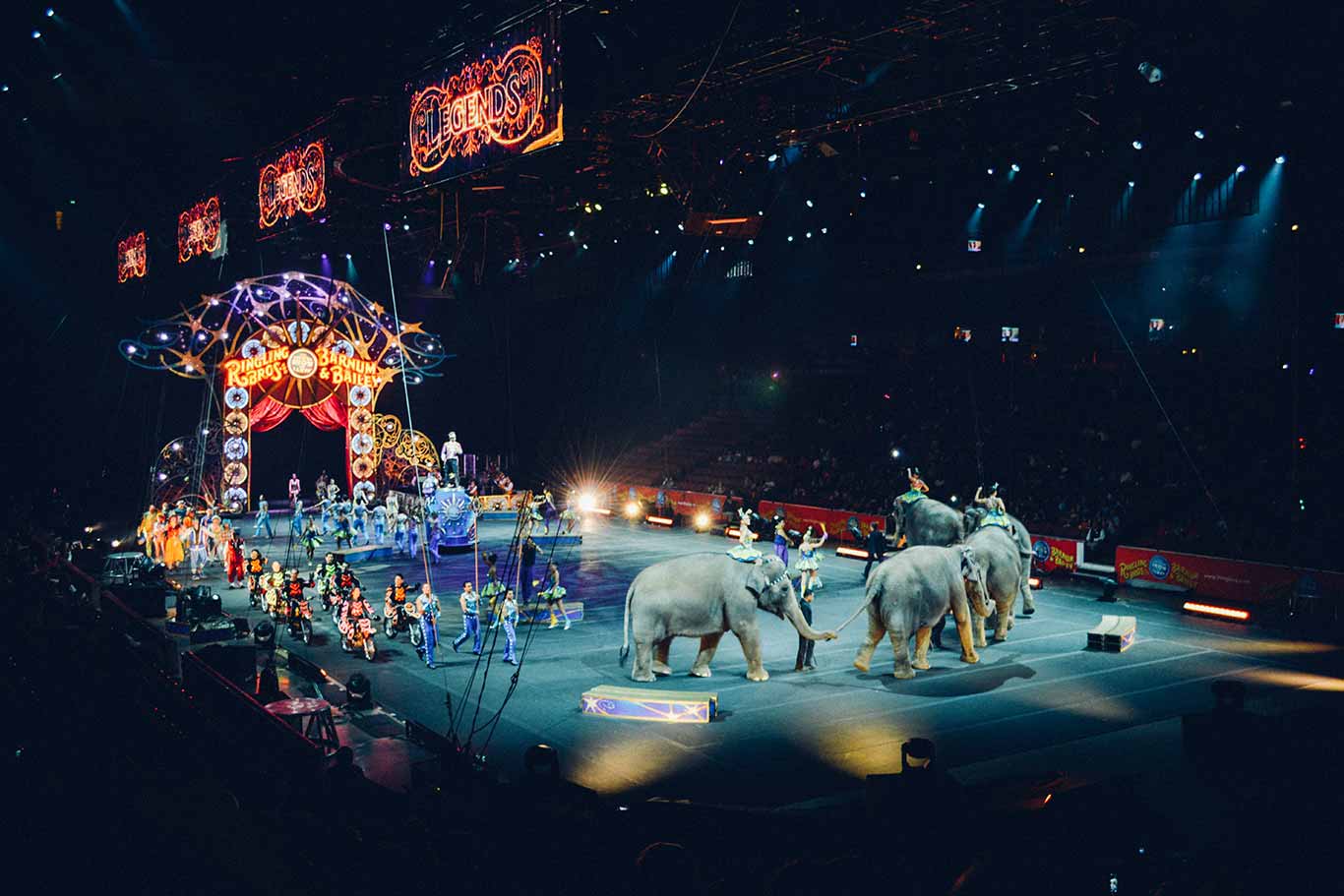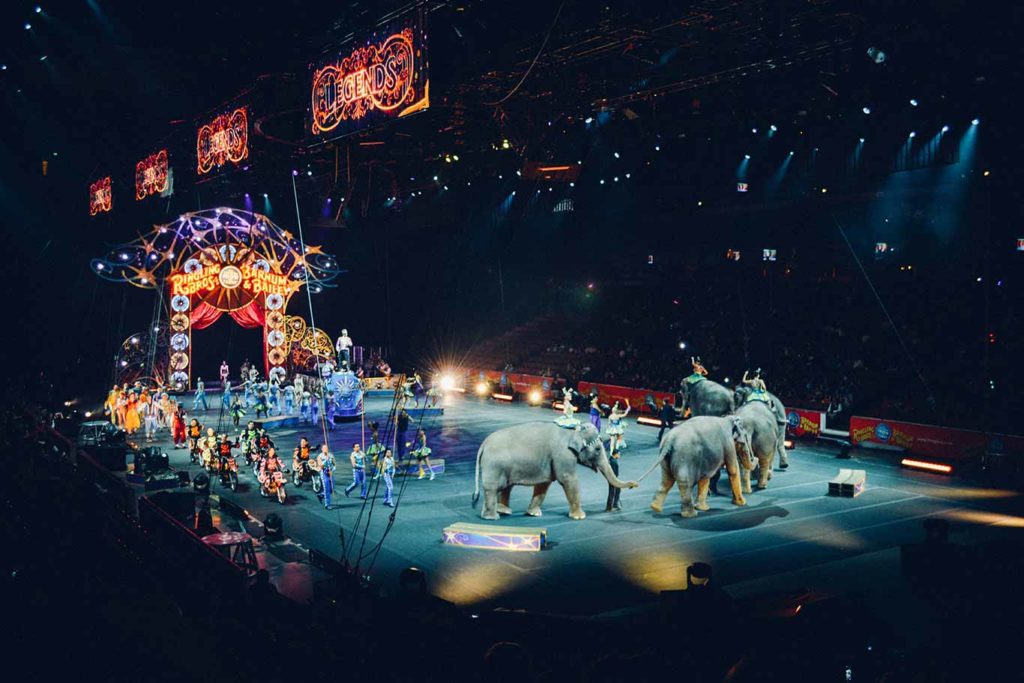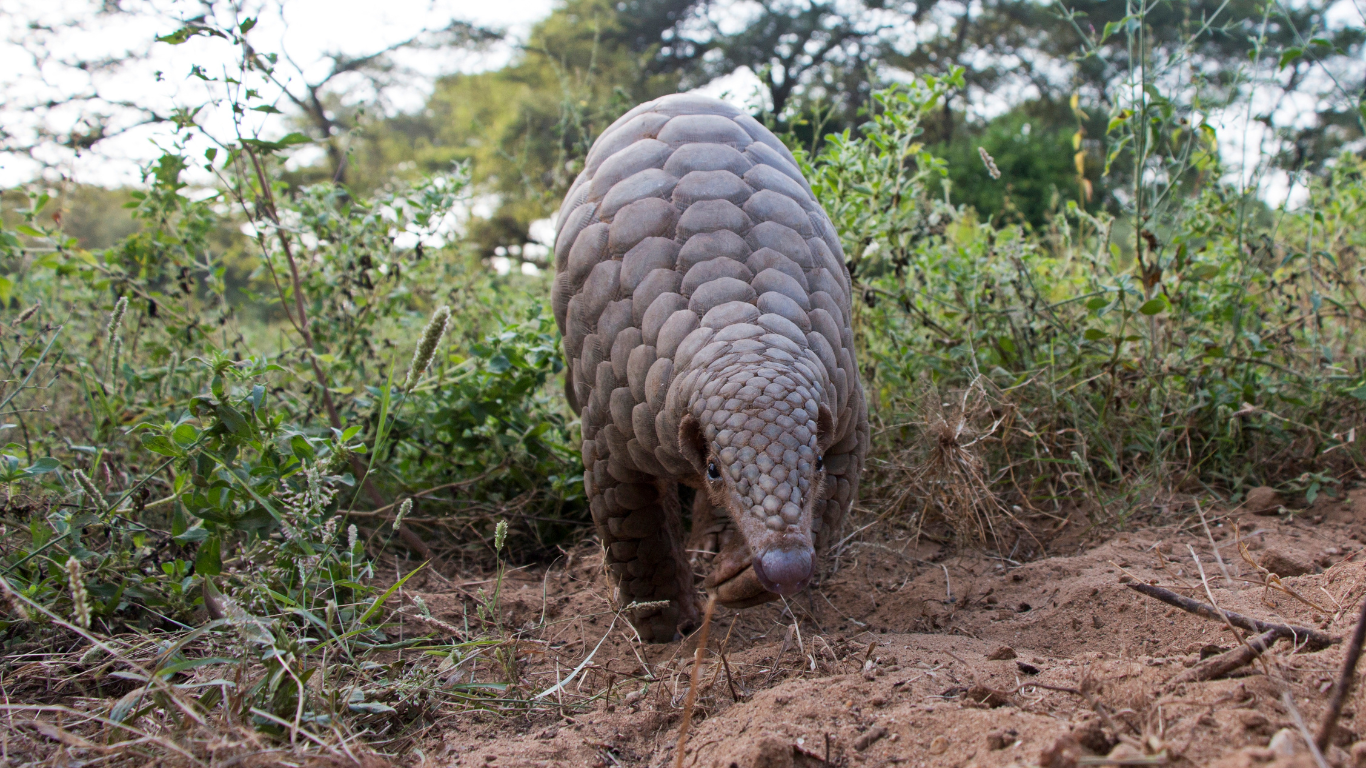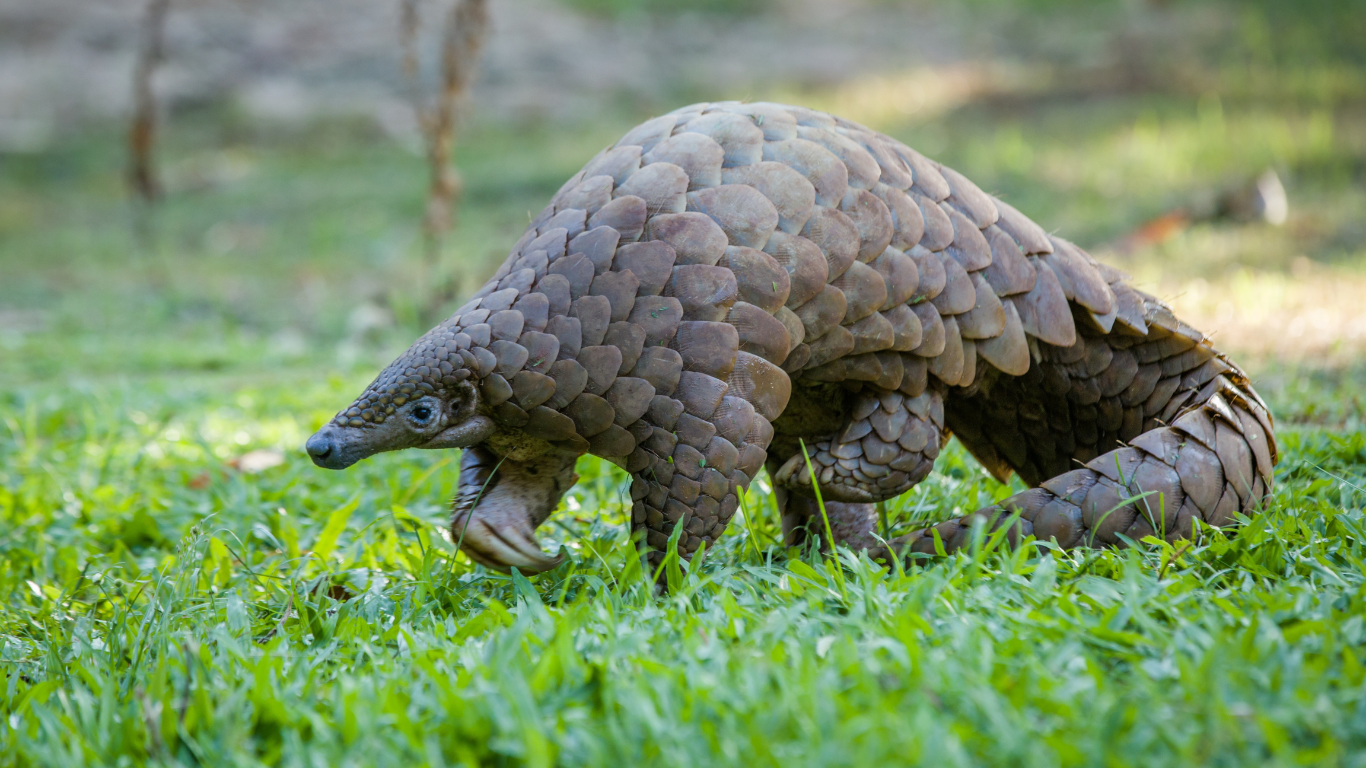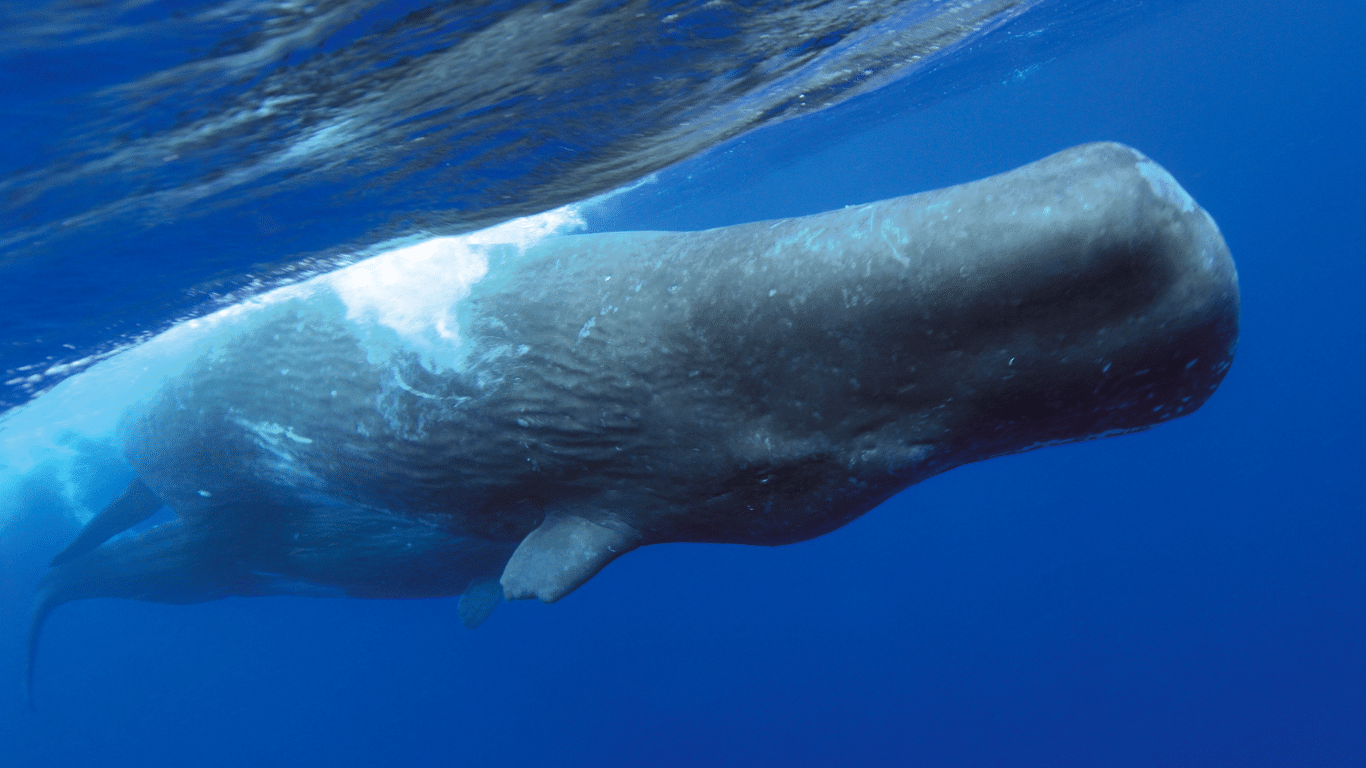France is finally following a growing global movement to stop wild animals being exploited in the name of entertainment at circuses and marine parks.
In what has been hailed as a breakthrough for animal rights across the world, the country passed laws in September 2020 that will protect animals in the following three ways:
- the use of wild animals in circuses will be phased out
- marine parks will, with immediate effect, cease breeding and bringing in killer whales and dolphins
- killer whales will be banned from being used in shows by 2022 and dolphins by 2027
- mink farming will be phased out over the next five years
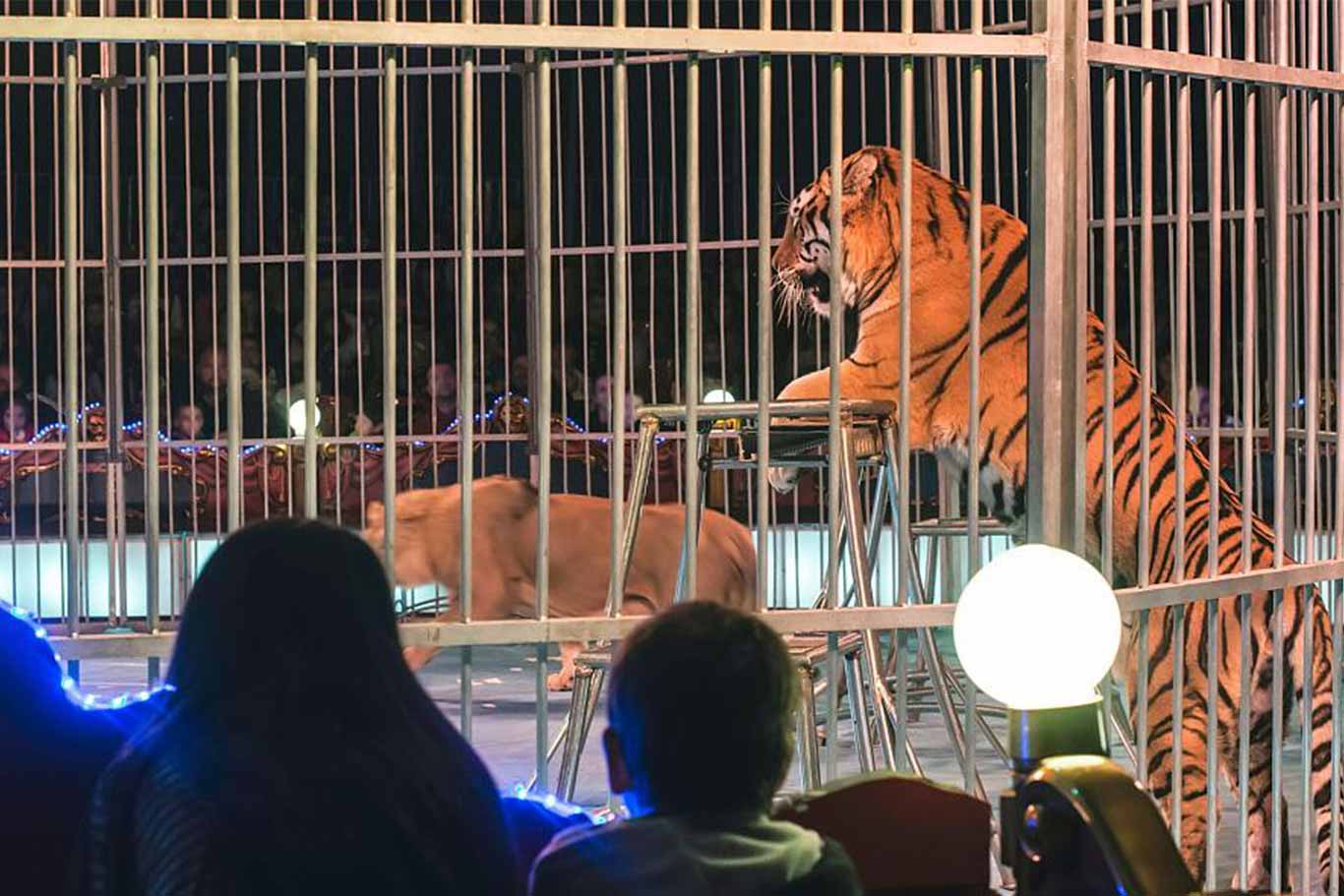
Because of the potential economic impact on those who own circuses, dolphinariums (France has three) and marine parks (there are four killer whales in captivity in France), the minister said the government would set aside €8 million (£7.3m; $9.3m) to re-invent their businesses without the use of wild animals.
Ms Pompili told the French newspaper Le Monde that there are currently around 500 wild animals in French circuses and that the new rules will bring France in line with over 20 other EU countries that have already limited or banned animals in travelling circuses. They would also consider creating sanctuaries for these animals as circuses adapt to the new laws.
WILD ANIMALS AS ENTERTAINERS HAS RUN ITS COURSE
Wild animals that work in circuses are bred in captivity and trained from a young age to perform in front of crowds. They will never be able to fend for themselves in the wild. Historically, circuses were a way to show wild animals to the public, but today the public can travel to game reserves to see animals in their natural habitat.
Ms Pompili said it was “time that our ancestral fascination with these animals no longer translates into situations where we favor their captivity over their well-being”.
She also cited studies that showed killer whales and dolphins had emotional intelligence and are aware of being in captivity. This causes immense stress and has a negative impact on their overall health and well-being.
“It is in these animals’ nature to create social bonds and hunt with their family groups - something they cannot do in confined marine parks and dolphinariums,” said Nicolette Peters of the Animal Survival International (ASI).
“While we would have liked clarity on the timeline for the roll-out of these measures, we do applaud France for taking this decision. We are hopeful that the remaining countries that still allow wild animals to be used for entertainment will follow suit and implement similar bans.”
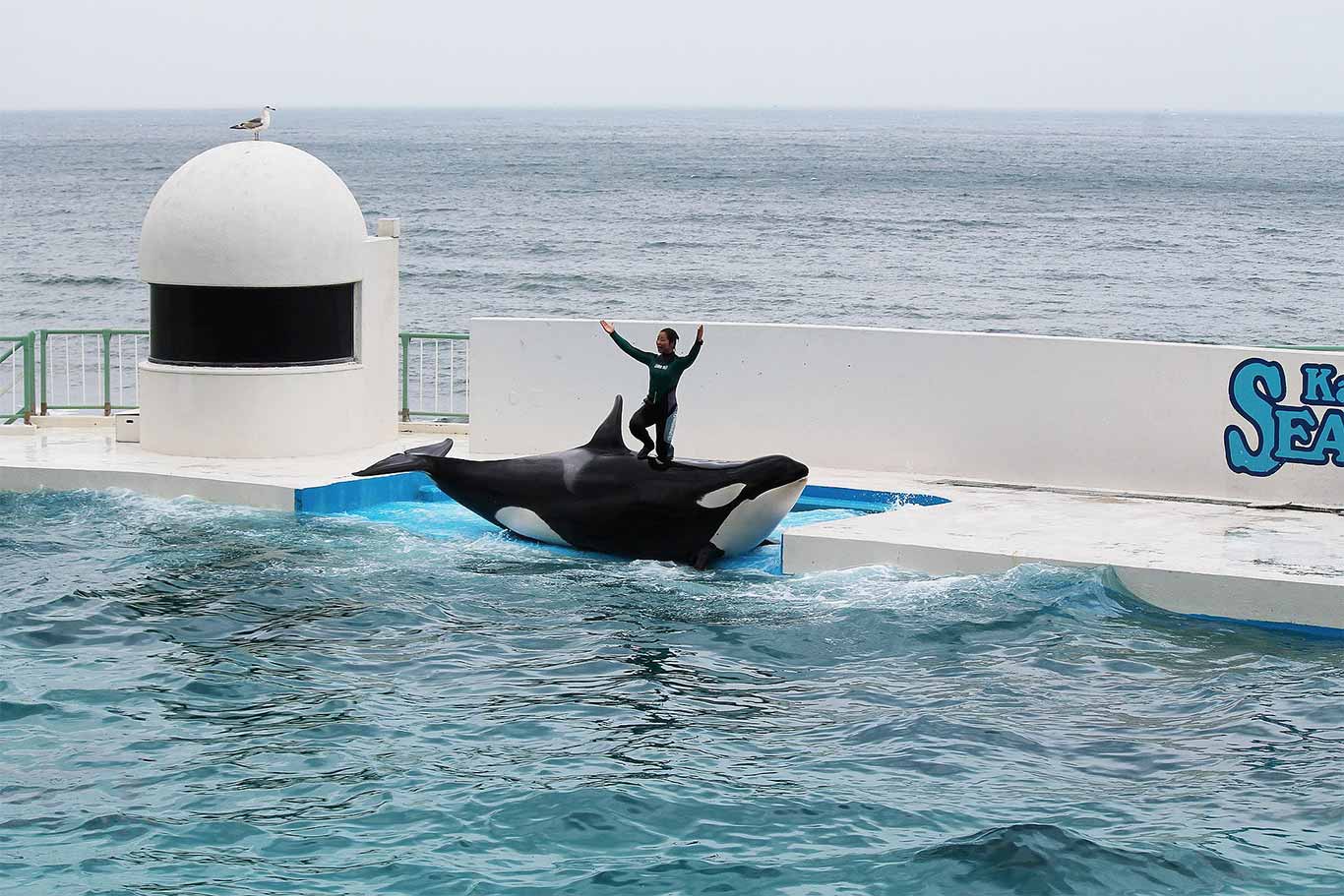
COUNTRIES THAT HAVE BANNED WILD ANIMALS IN CIRCUSES
New Jersey and Hawaii were the first US states to ban exotic animals in circuses. In 2016, California banned the use of bullhooks on elephants in circuses and then banned the use of most exotic animals altogether. The Czech Republic, Denmark, Finland, Portugal, Sweden, and India have all implemented nationwide bans on the use of certain species in circuses, while other countries such as Bolivia and Greece are making some progress.
In 2012, the UK Government pledged to ban the use of wild animals in circuses, but it wasn’t until January 2020 that this actually happened (as bills were repeatedly blocked by individual Conservative MPs). Despite the setbacks, it is still a move in the right direction.
It is important to note that while most countries in the EU have some form of a restriction or ban on using wildlife in circuses, the absence of EU-wide legislation allows circuses to exploit regional and national differences when it comes to the enforcement of these laws. That is why you would still see exotic and wild animals in circuses across these regions and specifically in countries such as Lithuania and Spain.
Over a decade ago, Hungary implemented a nationwide ban on the use of newly captured wild animals in circuses, banned the purchasing and training of elephants and primates, and the purchase, training and use of CITES listed species caught after 2010 in circuses.
In a twist of fate, the country’s COVID-19 lockdown saw the Hungary National Circus, which is still home to 100 performing animals including elephants, giraffes, camels and ‘zonkeys’ (a cross between a donkey and a zebra), transform itself into a five-acre safari park to stay afloat.
ASI believes the pandemic offers a unique opportunity for circuses to transition away from using animals in shows to allowing them to retire in a more natural environment. ASI remains committed to ending the use of wild animals in circuses, marine parks, and zoos and is determined to get every single animal out of the entertainment business.
“Wild animals should never be held in captivity so we can gawk at them in tanks, cages, or tents. Least of all should they be held in captivity so they can perform tricks or act like clowns.
It is never okay to exploit animals.
We don't condone bear-baiting, cockfighting, or fighting pitbulls to the death, so why do we still condone circuses, marine parks, and zoos? In all these incidences, animals suffer. It has to stop,” concluded Peters.
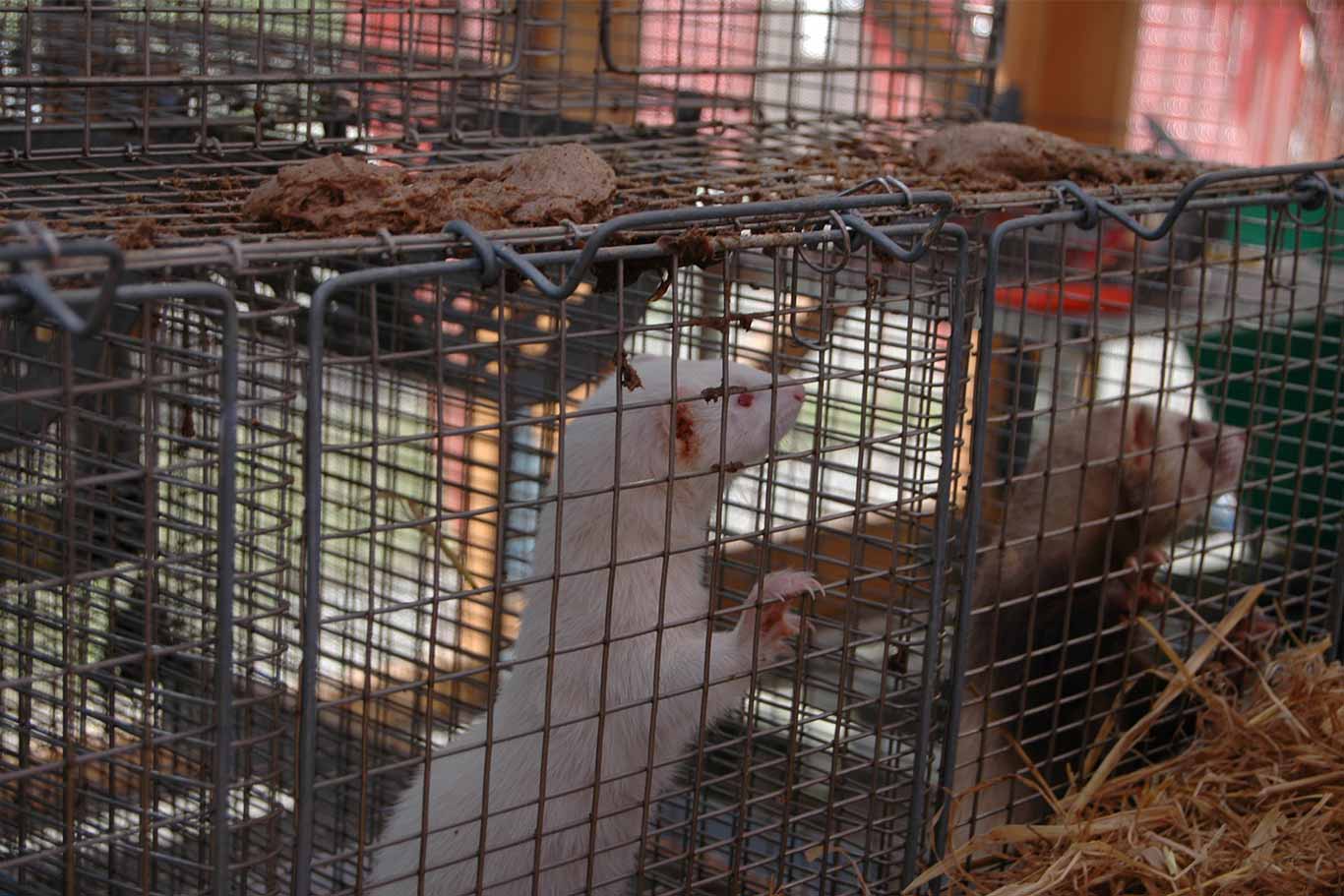
READ MORE
- Animal populations crash as our planet becomes a playground for human destruction
- Iconic Wildlife Become Casualties of Human Conflict in War-torn Burkina Faso
- Animal cruelty caused Coronavirus, now is the time to stop China’s live market trade forever
*Feature image: Elephants in the ring at Ringling Bros. and Barnum & Bailey Circus, an American traveling circus company billed as The Greatest Show on Earth. The show closed permanently in May 2017. Photo by Becky Phan on Unsplash

